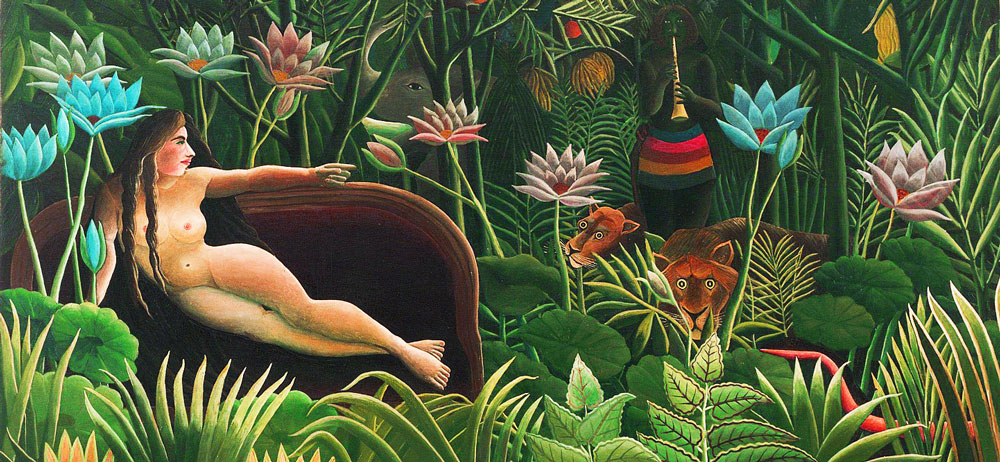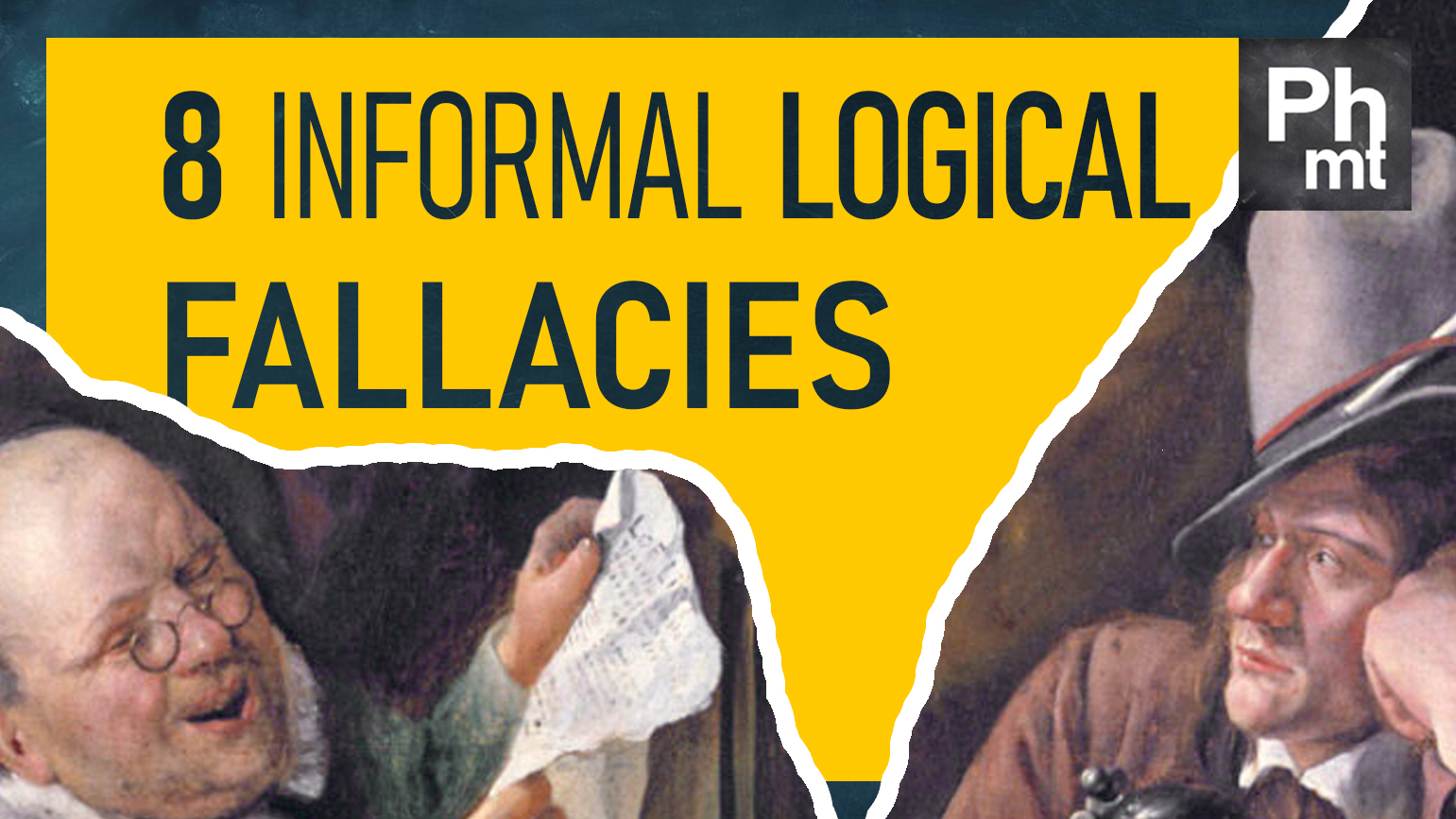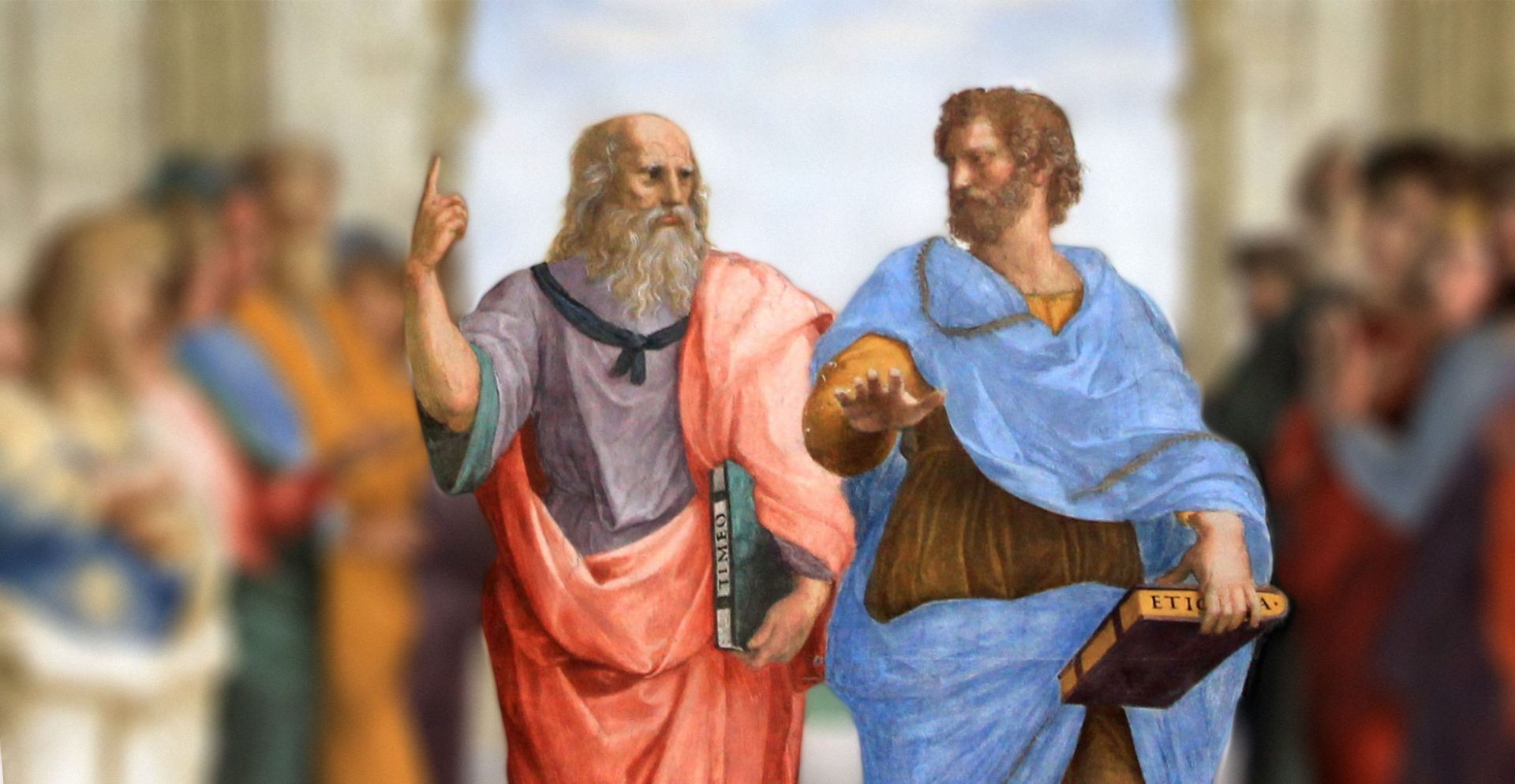Rousseau: innocence, inequality, and the will of the people
Man was born free, but everywhere he is in chains.
Jean Jacques Rousseau
Jean Jacques Rousseau (1712-1778) strongly believed in the innate goodness of the human being. Born in Geneva, Switzerland, his works in philosophy and political theory, based on natural human rights, would eventually inspire the leaders of the French revolution and the Romantic generation.
i. Man and the state of nature
According to Jean Jacques Rousseau, people are good by nature. People in the state of nature are innocent. Civilization is unnatural and it corrupts people and robs them of their innocence. The state of nature is morally neutral. It is a peaceful condition in which mainly solitary individuals act according to their basic urges, such as hunger, and their natural desire for self-preservation.
In the state of nature, people were innocent and in their best state. In this happy state, they tended to be isolated and lived entirely for themselves. They possessed absolute independence, with desires that were minimal and [su_tooltip title=”” text=”of the right amount”]commensurate[/su_tooltip] with their basic survival needs. The state of nature also meant people did not have the drive to acquire more possessions.
Within this context, there was no real need for extensive social interaction.
Egoism was absent. There existed a general compassion towards others and it was not a compassion based on merit. This means that it did not discriminate.
Rousseau points out that the greatest of virtues is when we show compassion for those who do not necessarily deserve, and, more generally, for mankind. In a prefiguration of Kant’s ideas about virtue, what matters is good intention, rather than achievements or outer appearances.
ii. Human innocence and social inequality
The fundamental problem behind social inequality, for Rousseau, is not nature or people, but social institutions. Society corrupts the pure individual. We are not inherently constrained by nature; instead, we are limited and corrupted by social arrangements.
Since people in nature are equal, free, wise, and benevolent, it is the corrupting effect of society that leads people to conduct themselves poorly. In other words, civilisation corrupts us.
Contempt is the opposite of virtue: it’s a vice. A proper society has no place for things like blame, criticism, judgement, comparison to others, or distinction of worth among people. Why? Because to recognise differences and distinctions is to make people unequal.
In his Discourse on Inequality (1754), Rousseau attempts to give a genesis of inequality among people. He describes is as one of the feature of the long process by which humans become alienated from nature and from innocence.
Since, in a state of nature, there is no inequality, then moral inequality is based on unnatural foundations. It’s the result of convention, or agreement between consenting individuals.
Ultimately, the original source and basis of all inequality is, according to Rousseau, private property.
Although the state of nature, with its isolation, gave people a peaceful life, these were in the end unfulfilled. To find actualisation and fulfilment, people sought to interact with one another.
As society began to develop, emotions and feelings such as greed, evil, and selfishness began to emerge. People developed social institutions, such as the notion of private property, which in turn encouraged [su_tooltip title=”” text=”extreme greed”]avarice[/su_tooltip] and self-interest.
The institution of private property is destructive, impulsive, and egotistical and it rewards greed and luck. Civil society was thus born when people began agreeing to build walls and fence off property, claiming it was theirs.
iii. The social contract and the general will
While Rousseau recognises the sate of nature as an ideal state, he admits that it’s impossible to go back to the state of primitive natural man. Any future change in human nature will only come via re-education. Through education, people can be brought up to believe that both public interest and their personal interest are aligned. Therefore, acting in the interest of the public is the same as acting in one’s personal interest. For society to achieve this, it need have enlightened tutors who know how to teach their students to identify their own will with the general will.
The social contract, essentially, binds people into a community that exists for mutual preservation. The task of the tutors would be to educate the people to not want to do evil.
In order to govern society, Rousseau argues that consent is crucial. A government attains its right exist and govern only by the consent of those governed. Legitimate political authority rests on a covenant, or agreement, forged between the members of society. That covenant is the social contract.
This is particularly powerful given the context in which Rousseau said it, at a time when the power of the monarchy and aristocracy was broadly undisputed.
Along with Locke’s, Rousseau’s social and political theories about basic human rights would greatly influence the more radical movements in the French Revolution of 1789, as well as the US Constitution, long after he died. The very first three words of the American Constitution, We the people…, are a direct testament to Rousseau’s belief that a government’s power fundamentally rests on the will of those it seeks to govern.



